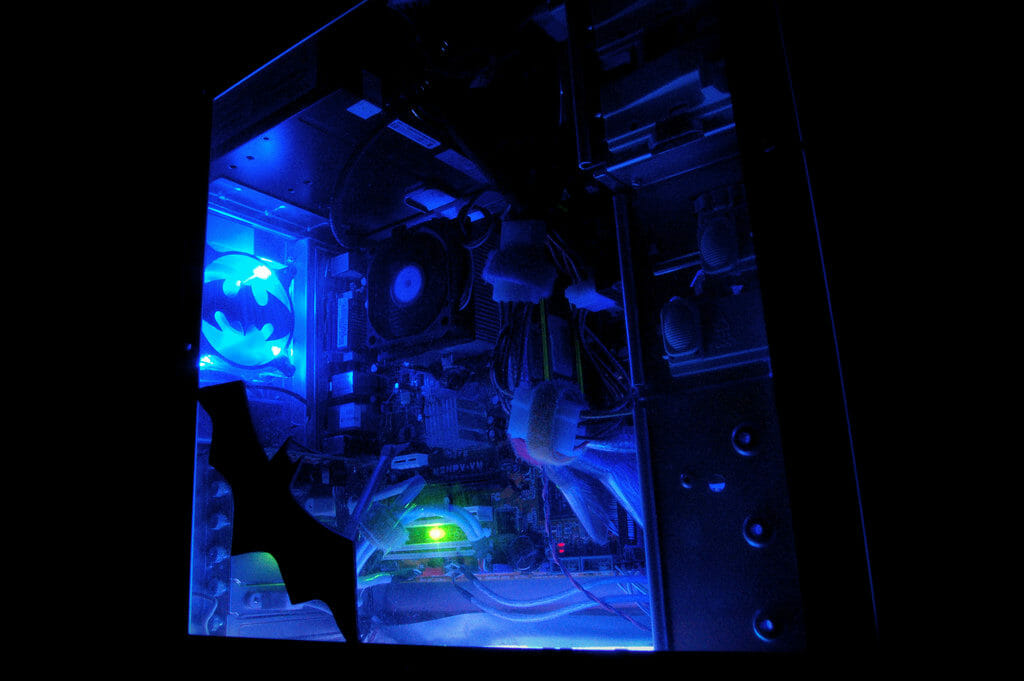Personal computers can be bought or build from scratch. However, it’s very important to consider several factors before you decide to build one. The first consideration that you need to make is what you will be using the personal computer for? If you’re just using the computer for the basic operations such as web browsing, word processing, or streaming movies, trust me you don’t need to build one. You can just get one from your local computer shop.
However, there is another class of users who are looking to get a PC that they can use to play the greatest and latest PC games with optimal performance. In such cases, such users are allowed to build their own PC.
On the same note, not everyone can build a computer from scratch. The entire process requires understanding and patience, it’s a stressful and long process, especially if you have no idea of what you’re doing. Actually, there are people who end up spending more money than they intended. This is not meant to discourage you in any way.
Pros and Cons
Tough decisions require you to understand the pros and cons involved. So that’s what we’re going to look at here so that we enlighten you on which route is best for you. Purchasing a PC from a well-established manufacturer such as HP, Lenovo is affordable. The prices have dropped significantly. Mind you, these computers come with warranties and tech support.
However, the minute you start looking for an equipped model, it gets expensive, the same applies if you are looking for the fastest or newest components. Companies out there making money on such components such as video cards, added memory, or storage features.
For instance, a high-end gaming computer sells at around $3,000, however, it does not have to be that expensive.
The thing about building your own computer is that it gives you the opportunity to customize it as you would like. You will have the opportunity to upgrade the internal hardware. Most pre-built models are not that flexible when it comes to upgrading.
For this reason, you will be in a position to create a powerful desktop for a less price compared to the high-end. However, you will be on your own. No warranties or tech support will be involved. This is because the individual components have warranties but if the entire computer doesn’t work, it’s your own problem. The computer might fail to power on or some components might not be compatible, then that becomes your problem.
However, this is not meant to discourage or scare you from building your own PC, we just want to ensure that you are cognizant of the risks involved in the process. By taking the time to do some research and understand the entire process involved, you’ll be better positioned to undertake the task more successfully. Mind you the learning experience involved is worth the investment in time and money, either way, you’ll benefit from the entire experience.
In the next guide, we will focus on the components that you need to build your computer so be sure to check out the next part. At the end of the day, remember that there is no problem with buying a computer.


